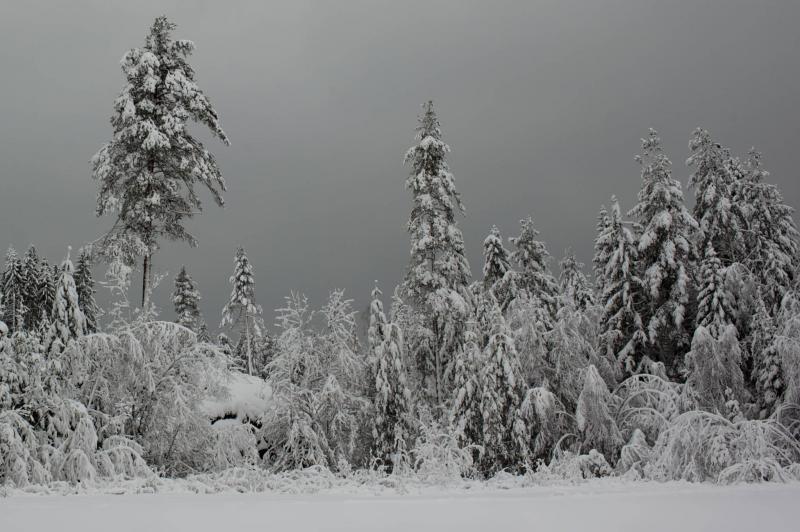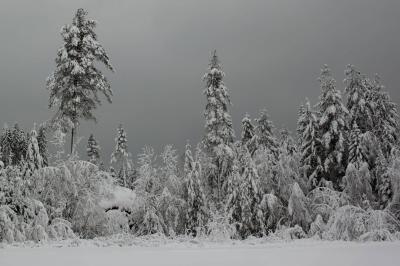In much of the Northern Hemisphere, winter brings colder temperatures and shorter days, but for some, it goes beyond that, affecting their daily lives. A range of psychological research and related fields suggests that "winter brings some profound changes in the way people think, feel, and behave." Some impacts of winter are linked to cultural factors and practices, while others likely reflect our bodies' innate biological responses to changing weather and environmental conditions.
**Winter Depression and Long Winter Naps**
With shorter days, many suffer from a form of depression known as seasonal affective disorder (SAD). Those with SAD tend to feel hopeless, have a decreased motivation to engage in activities they generally enjoy, and experience lethargy. Even those who do not meet the clinical threshold for this disorder may see an increase in anxiety and depression symptoms. Scientists link SAD to general increases in winter depression and decreased sunlight exposure, leading to lower levels of the neurotransmitter serotonin. In line with the idea that sunlight plays a crucial role, SAD tends to be more common in northern areas of the world, like Scandinavian countries and Alaska, where days are shorter and winter is longer. Some scientists have noted that SAD shows many similarities to hibernation, during which brown bears, ground squirrels, and many other creatures reduce their metabolic processes to survive the worst of winter.
**Weight Gain**
Winter is known as the time of year when many people gain extra weight. Research indicates that diets are at their worst and waistlines are at their largest during this season. In fact, a recent review of studies on the subject found that the average weight gain during the holiday season is about 0.5 to 1.3 kg, and those who are overweight or obese tend to gain even more.
**Increased Sexual Motivation**
In addition to winter-related shifts in mood and waist circumference, the cold season brings about a number of other changes in how people think and interact with others. One seasonal effect is that people appear more inclined to enhance their sexual lives during the winter months. Researchers know this from analyzing various data sets, including birth rates, which reveal that conception is significantly more likely to occur in the winter months compared to other times of the year. Despite this widely observed phenomenon, the reason for its existence remains unclear.
**Focus and Attention**
Studies have found that during this time of year, it may be easier for individuals to focus in school or work. Neuroscientists in Belgium discovered that performance on tasks measuring sustained attention was better during the winter. Research suggests that seasonal changes in serotonin and dopamine levels due to reduced sunlight exposure may help explain the shifts in cognitive function during winter.
**Giving**
Charitable giving tends to show a significant increase during this time of year. People become more generous with tips. This trend is likely not due to snowy conditions or dark days, but rather may be a response to the altruistic values associated with winter holidays that encourage behaviors like generosity.




